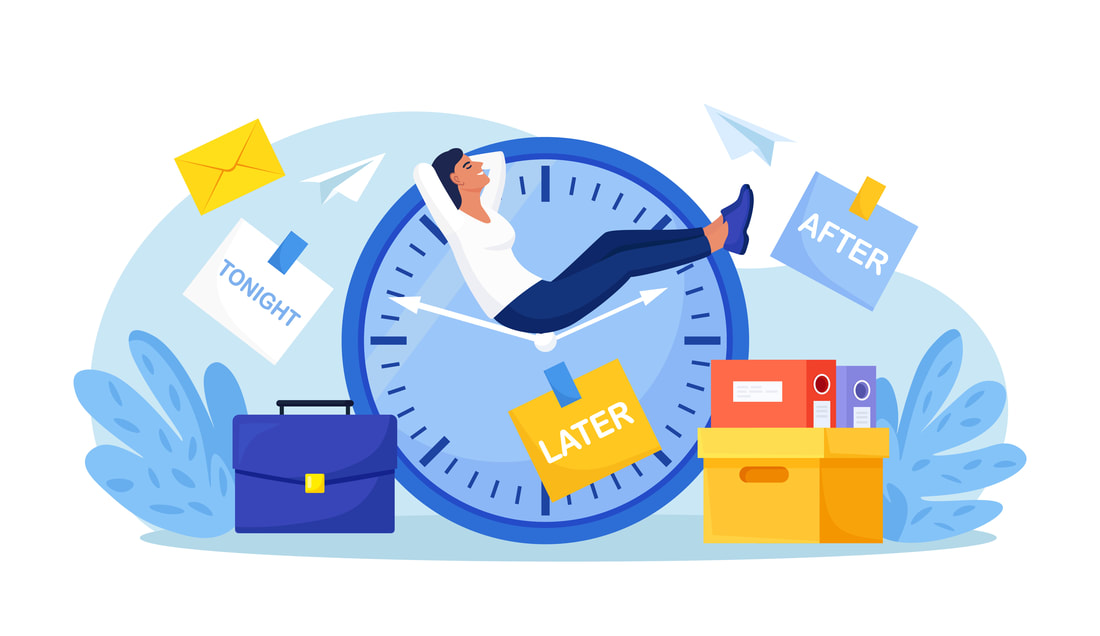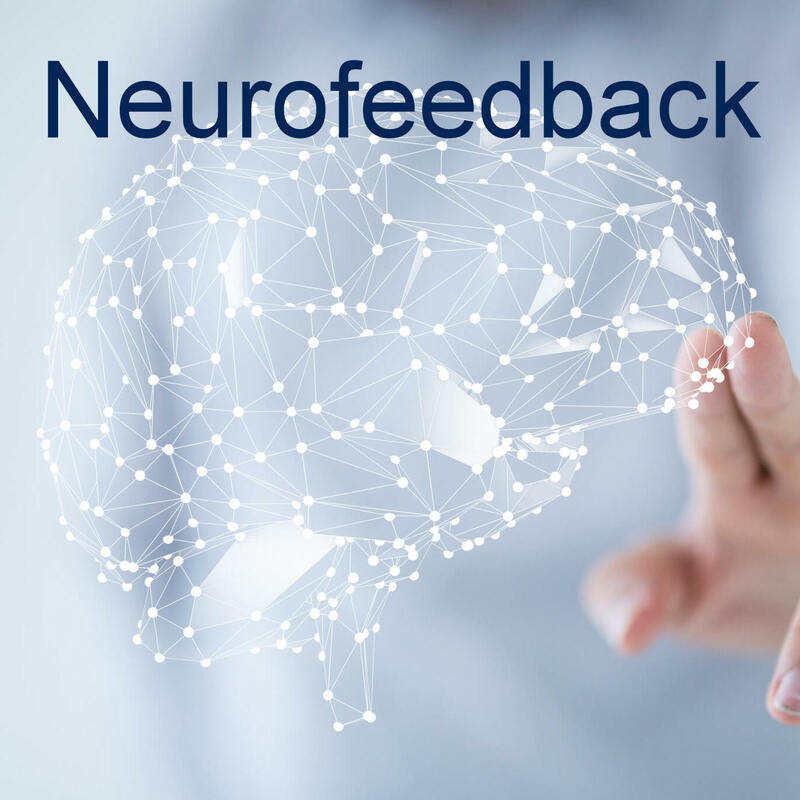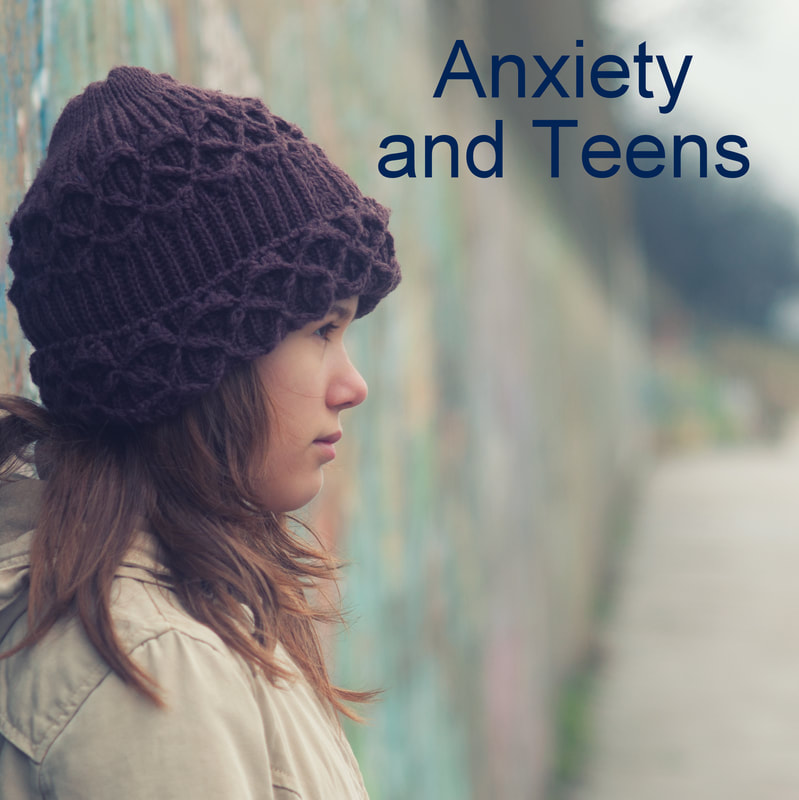|
by Jayoti Chabra, LMSW Procrastination is the action of delaying or postponing something.
This issue can be linked to depression, anxiety, low self-esteem, and poor study habits. Procrastination is connected to negative functioning and risks to mental health. People who procrastinate tend to have high levels of anxiety as well as poor impulse control. Procrastination is even linked to physical illness. Triggers for procrastinators:
0 Comments
by Jayoti Chabra, LMSW Being overwhelmed can be triggered through many aspects of your life. Work, family, friends, school and other mental, physical or emotional factors play a role. These experiences individually may not amount to much, but the sum can be greater than the individual parts. If we don’t have the appropriate coping mechanisms, there can be an avalanche type of effect. In order to avoid this, there are many tips and tricks that can be used to help manage and cope with the stress in a healthy manner.
Some of these techniques include the following: by Jayoti Chabra, LMSW Personal boundaries are the limits and rules we set for ourselves within relationships. A person with healthy boundaries can say “no” to others when they want to, but they are also comfortable opening themselves up to intimacy and close relationships.
A lot of people have difficulties creating boundaries, at home, work, and/or in their social life. I know I do and I’m working on it. It's hard saying no to the mother-in-law that wants to help in your kitchen and you don’t want them to, or to the friend who shows up when you just wanted a day for yourself. It can make you feel like you have to choose between disappointing someone else or disappointing yourself. |
Archives
October 2023
Categories
All
|




















